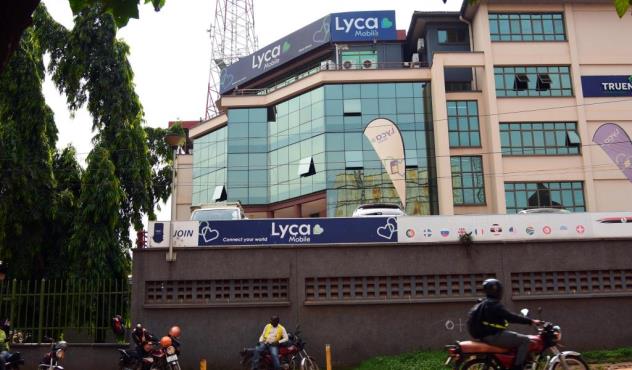They unveiled the report titled ‘Are Certificates of Customary Ownership Working?’ Officials also noted that despite various interventions by the government to register customary land rights under the 1998 Land Act and the 2013 Uganda National Land Policy (NLP), efforts have yielded no results.
Under the NLP, Certificates of Customary Ownership (CCOs) have been issued to many Ugandans residing on the bulk of landholdings. This is approximately 80% of the land in Uganda, according to the ministry of lands.
The CCOs provide documentary evidence of ownership of land rights under customary land tenure. Currently, over 20,000 CCOs have been registered.
According to the report, there is a tremendous impact on reducing encroachment of land by outsiders and against the dispossession of women from access to land usage.
The findings show that the percentage of women whose land had ever been encroached on reduced from 59 percent to only 6 percent after acquiring a certificate of Customary Ownership
The report further reveals that land held under customary tenure remains largely unregistered. This is due to lengthy procedures and costs. As well as inadequate funding towards the key institutions including the District Land Board.
Jimmy Ochom, the Land Rights Coordinator at Oxfam attributed the low access to holders lacking security of tenure. These are prone to losing their land rights to land grabbers and other boundary encroachers.
“Customary land is primarily governed by societal traditions, which are highly patriarchal, only a few women enjoy secure rights,” Ochom said.
Oxfam Uganda, Country Director Francis Shanty Odokorach said women’s land rights are serious matters urgently needed to be addressed to reduce inequality in society.
“The women are the main agricultural producers in Uganda; they are the ones that grow the majority of the food. However, the undocumented are most affected. Not addressing the issue of land rights threatens their ability to feed their families and further perpetuates inequality,” Odokorach said.
But advised that laws in place must provide a mechanism for the protection of customary land rights.
“These needs well implementation. Secure land rights for women is critical for achieving the Sustainable Development Goals (SDGs). Particularly for eradicating poverty, ending hunger and promoting gender equality,” he said.
Persis Namuganza, the State Minister of lands applauded efforts by Oxfam for conducting the research.
“Any research that is made on securing land rights of women is an important contribution towards ensuring that the goals of National Development Plans are achieved. The government’s good intervention on good governance of land is all as a result of such research. To ensure that women land rights are promoted and protected, “Namuganza said.
“In Uganda, women must be helped to acquire legal documents and government must take it as a priority. That is why we cannot take this research for granted. As a government, we shall take advantage of it and improve women’s land rights in Uganda. Women are the biggest majority beneficiaries of the CCOs because of the inclusiveness provided by the Land Act,” she explained.
Meanwhile, the report recommended that to overcome the highlighted difficulties that prevent women from archiving CCOs, the government should finance the cost of issuing a Certificate of Customary Ownership. The official fee for one to acquire the CCO is Shs5000. However, the report showed that due to many players involved, one finds out that she has spent almost Shs80,000. Therefore, the report recommended that for players like Area Land Committees to carry out their activities, they must be paid by the District Land Board (DLB)
It also recommends that the Registry of CCO at the national level establish, coordinate and support the activities of the DLBs.
Government should also embed and strengthen the local mechanism for handling expeditiously resolving disputes. Especially those arising from interests and application for CCO since a formal court are expensive and time-consuming.
Check also;
- Civil Society Organizations Demand Tax Waiver On Sanitary Pads
- Barriers for Women in Agriculture
- It’s A Government Right To Take Over Your Land Says Museveni
Please use the button below to contribute to Newslex Point, Inc. using a credit card or via PayPal.

 Newslex Point News in Uganda, Uganda news
Newslex Point News in Uganda, Uganda news












